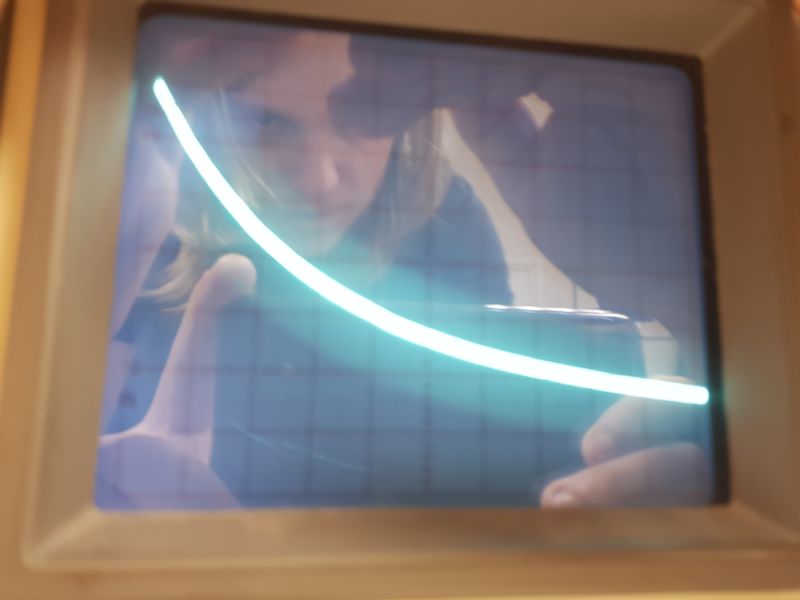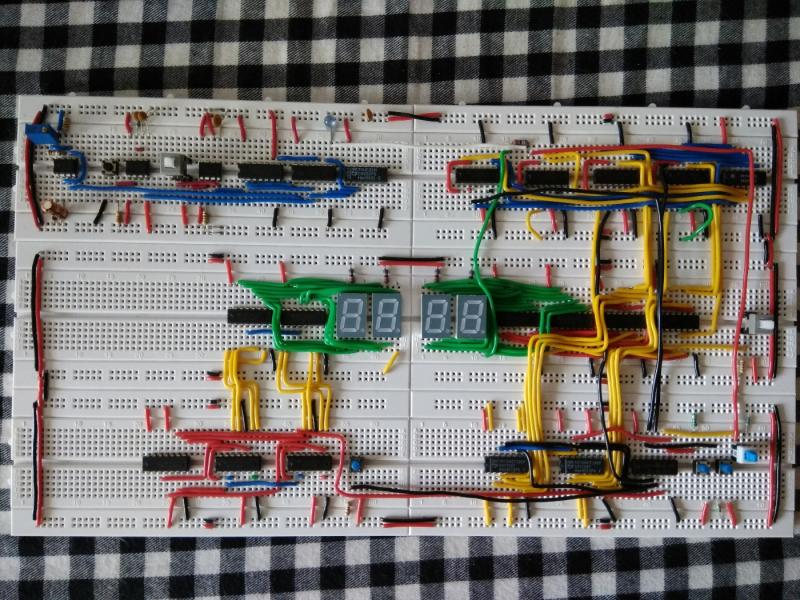Ranter
Join devRant
Do all the things like
++ or -- rants, post your own rants, comment on others' rants and build your customized dev avatar
Sign Up
Pipeless API

From the creators of devRant, Pipeless lets you power real-time personalized recommendations and activity feeds using a simple API
Learn More
Comments
-
 zymk10815y@M1sf3t I'm definitely not a good source of expertise and I'm just guesstimating here, but I thought C.E. was geared for like asic or chip design and architecture type stuff. 😅
zymk10815y@M1sf3t I'm definitely not a good source of expertise and I'm just guesstimating here, but I thought C.E. was geared for like asic or chip design and architecture type stuff. 😅
Still totally cool stuff, but I was thinking of simpler hardware to interact with. I'm no 'big-brain' that could do cpu architecture or something awesome like that hahah 😂 -
I heard there are Embedded systems that you also can script, so maybe try this discipline, I dunno?
-
An associate's degree or certificate program at your local CC will probably be a reasonable and cost effective way to get into it.
I don't see a whole ass bachelor's degree being worth it for EE. -
I have an EE degree. Originally, I had wanted to specialise in computer engineering, but realised that the knowledge I'd study would be outdated in no time, so I instead graduated in communications engineering where it was a lot of timeless math.
If you want to go for audio effects devices, that will mostly be digital ones these days. This involves embedded systems with DSP capable microcontrollers on the hardware side, and of course some analog circuitry around the chip.
Plus solid knowledge about digital audio processing (which was my final studies specialisation). However, that only becomes accessible if you have learnt your way around e.g. Fourier / Laplace / Z transformation to even make sense of it.
RF stuff is also included, like antennas, cables, waveguides, fibre optics. Though that wasn't my specialisation, that would have been another field to choose.
All in all, it was 5 years full-time studies for me (master equivalent). -
In the meantime, here's a good and digestible intro to electronics in just 38 minutes:
https://youtube.com/watch/...
That can get you started right now without any school. -
 zymk10815y@molaram this is perfect 'cause I've been wanting a solid reason to start learning c/c++ and it looks like that's the primary language being taught in EE coursework
zymk10815y@molaram this is perfect 'cause I've been wanting a solid reason to start learning c/c++ and it looks like that's the primary language being taught in EE coursework -
@zymk Yeah that's because it's close to hardware, hence no automatic resource management.
What seems common with beginners these days is using auto-generated code for handling the hardware because they are afraid of reading chip datasheets and want to shortcut the way. Arduino style.
Whenever something doesn't work, these people have no idea where even to start looking and paste dozens of lines of autogenerated code into forums and ask what they are doing wrong.
That's because they lack technical curiosity, don't care how it actually works, and hence will never be good devs. The right attitude will already give you an edge here. -
Yea I'm an electrical engineer. CS is mostly math. Just study whatever degree you want. No one really gives a shit about your undergrad.
-
@Demolishun For tinkering around, that's one thing. Arduino is made for hobbyists without actual embedded skills, but that won't make you an embedded dev - which is OK if that's not the goal anyway.
Related Rants

 From today, this beauty is 'ticking' on my desk :D
From today, this beauty is 'ticking' on my desk :D Today at school I borrowed an oscilloscope and a few capacitors and used a circuit I made at home to just demo...
Today at school I borrowed an oscilloscope and a few capacitors and used a circuit I made at home to just demo... My Mini-project for college. Any electronics enthusiasts here?
My Mini-project for college. Any electronics enthusiasts here?
Any one here have a degree in Electrical Engineering or Electronics Engineering? I'm thinking about going back to school, but I'm not sure it's worth the money since I live in the US. (cries in over-expensive education costs)
I do a lot infrastructure work and some super basic programming/scripting but I think I really want to get into hardware maybe zone in on either RF or take a stab at amps/effects pedals for guitar and bass.
as an aside, I'm not trying to go back to school for job or career related reasons, I just want to noodle with stuff and maybe create my own circuitry for stuff.
question
electrical engineering
electronics